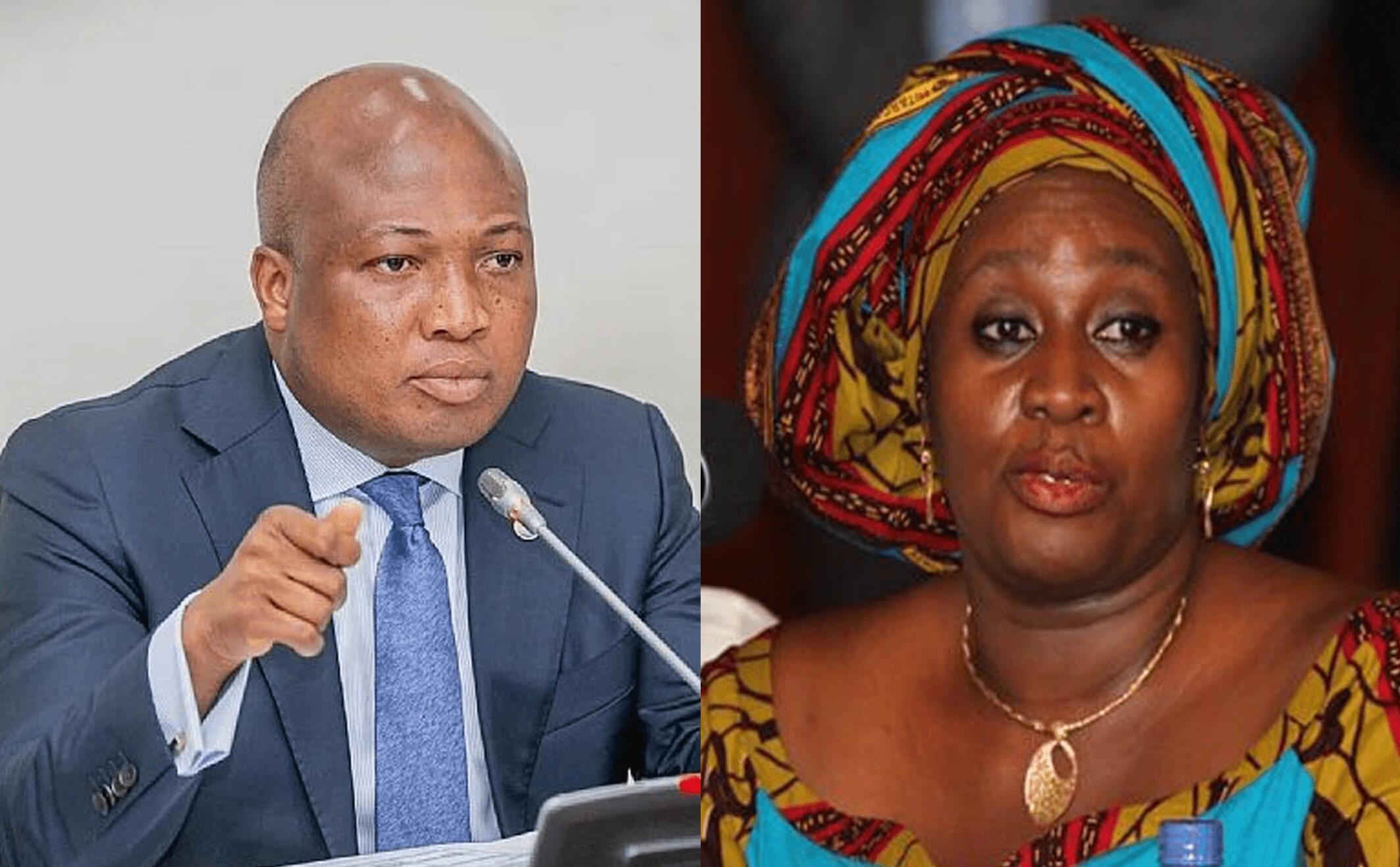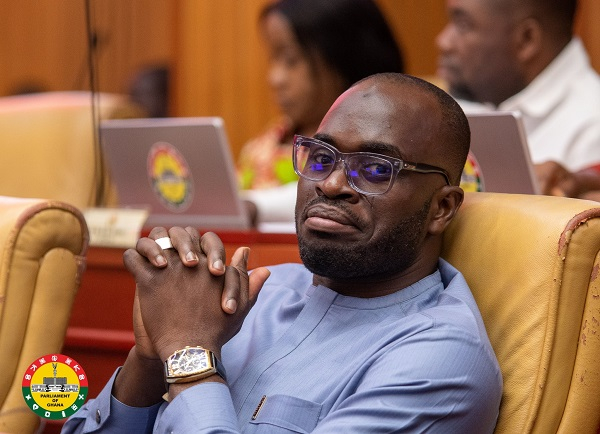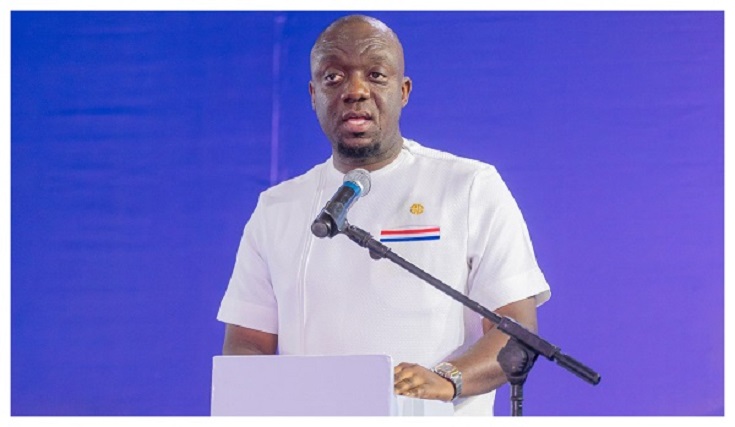📰 Overview
The U.S. Supreme Court has agreed to take up two landmark appeals involving state-level bans on transgender students participating in girls’ sports teams in Idaho and West Virginia. These high-profile cases—centered on equal protection under the 14th Amendment and Title IX—could reshape legal precedent and influence similar laws in 27 states.
The justices are expected to hear arguments in October 2025, setting the stage for a ruling that could become a defining moment in America’s ongoing debate over transgender rights, student inclusion, and athletic fairness.
⚖️ What’s at Stake?
Both Idaho and West Virginia passed laws that require student-athletes to compete based on their biological sex at birth, excluding transgender girls from participating on female sports teams. Supporters of the laws argue that such measures are necessary to protect fairness and safety in girls’ and women’s sports.
Opponents—including civil rights groups and student plaintiffs—argue the bans are a form of unlawful gender identity discrimination, violating both the U.S. Constitution and Title IX, the federal law prohibiting sex-based discrimination in schools.
✅ Supporters Say…
West Virginia Attorney General John “JB” McCuskey praised the Supreme Court’s decision to hear the case, stating:
“The law protects women and girls by ensuring the playing field is safe and fair. It’s simply unfair to allow biological males to compete against women.”
❌ Opponents Argue…
The ACLU, which represents the plaintiffs, strongly condemned the bans. Attorney Joshua Block stated:
“Trans kids play sports to build teamwork, perseverance, and have fun—just like any other student. These laws don’t protect fairness; they only foster exclusion and make schools less safe for everyone.”
📚 The Legal Journey So Far
📍 Idaho Case
-
Plaintiff: Lindsay Hecox, a transgender Boise State University student
-
Background: Sought to join women’s track and cross-country but was blocked by state law
-
Legal Status: A federal judge blocked the law in 2020. The 9th Circuit upheld the injunction, citing violations of equal protection.
📍 West Virginia Case
-
Plaintiff: Becky Pepper-Jackson, a middle schooler
-
Background: Barred from girls’ track team due to state ban
-
Legal Status: Initial federal ruling favored the student, then reversed. The 4th Circuit overruled and declared the law discriminatory under Title IX.
🔥 Broader Context: Trump’s Influence
Former President Donald Trump has been a vocal advocate for restricting transgender participation in sports. His administration has issued executive orders declaring only two sexes and rolled back protections for transgender individuals in education, healthcare, and the military.
Earlier in 2025, the conservative-majority Supreme Court also:
-
Upheld a Tennessee law banning gender-affirming care for minors
-
Allowed a ban on transgender people in the military to take effect
📊 The Bigger Picture
Currently, 27 U.S. states—mostly led by Republican legislatures—have passed some form of transgender sports restriction. Legal experts warn that the Court’s upcoming decisions could either validate or dismantle a large swath of these laws.
Critics argue that:
-
These laws are based on fear rather than fact
-
There is no national emergency or evidence of widespread abuse
-
Real-life impact involves only a handful of students trying to find belonging in sports
⚖️ What Comes Next?
The Supreme Court’s rulings in these cases could redefine the boundaries of civil rights law, particularly around:
-
Transgender identity and equal protection
-
How Title IX is interpreted in modern America
-
States’ rights to regulate public education and youth sports
With the first hearings scheduled for October 2025, all eyes are on the highest court in the land—and the outcome may influence elections, school policies, and civil rights legislation for years to come.
Source: https://www.ksl.com/















